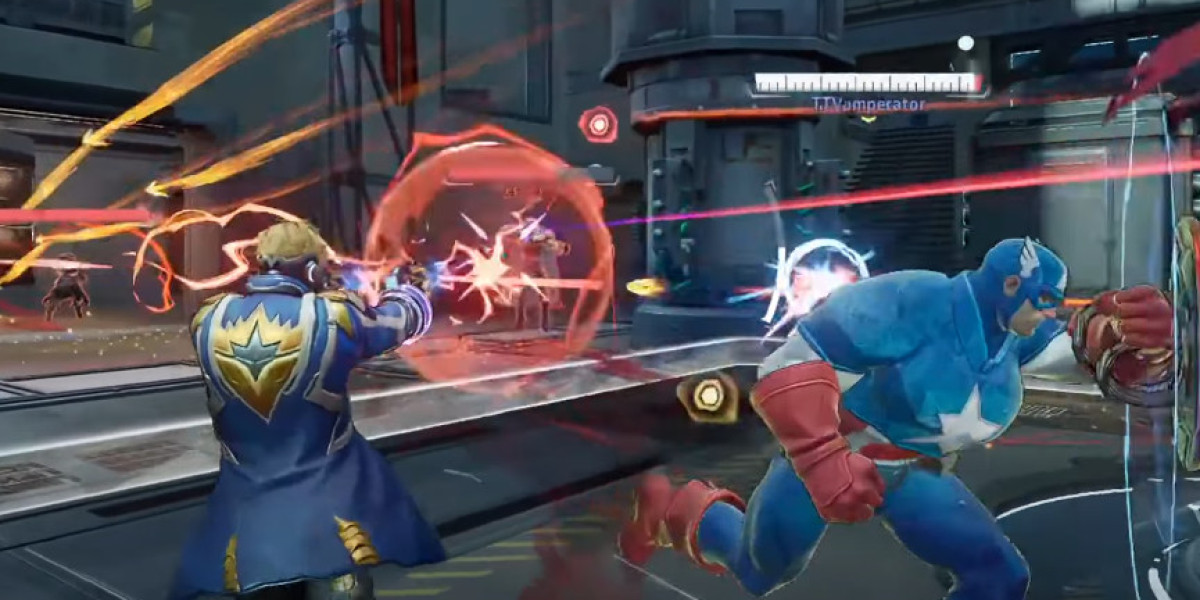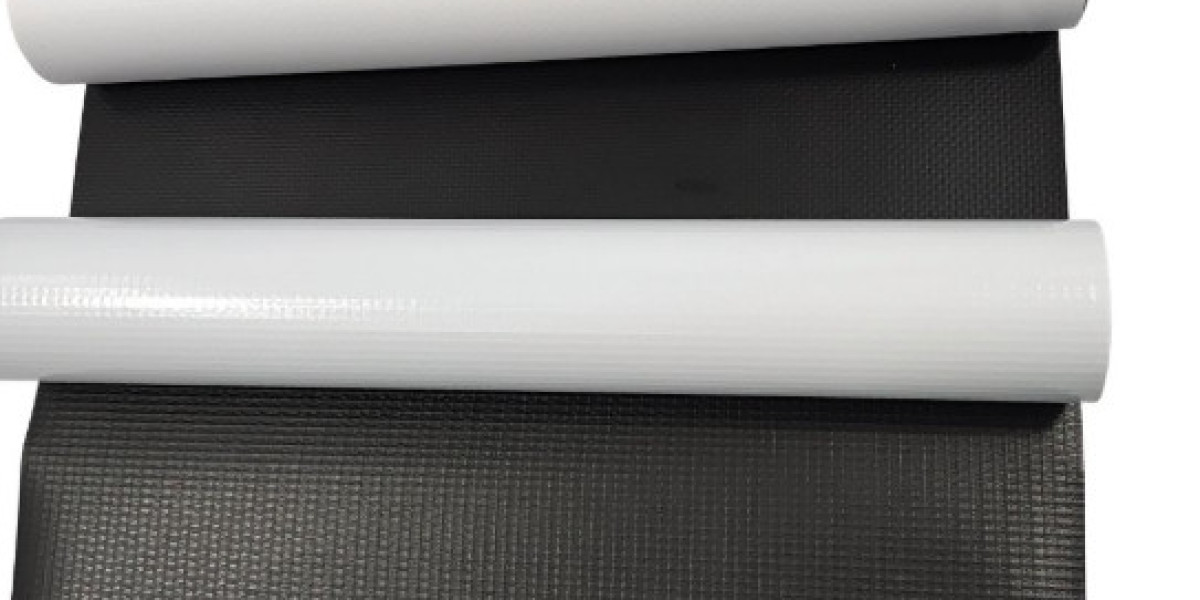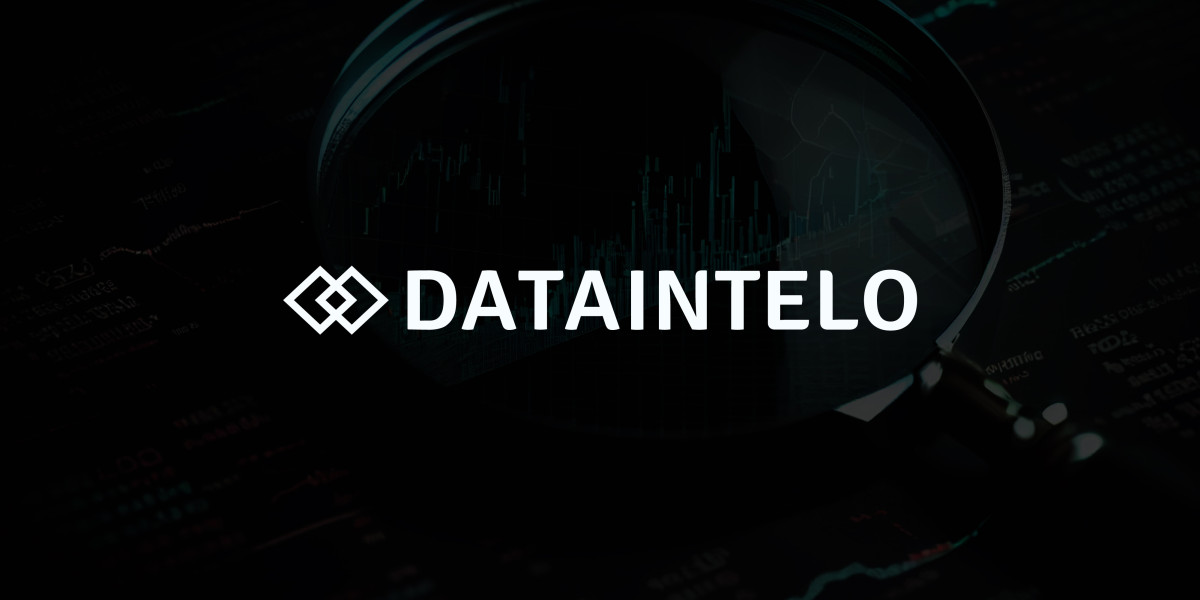As per Market Research Future, the DC-AC conversion systems market is growing rapidly due to the increasing adoption of renewable energy and the need for efficient power management solutions. DC-AC conversion systems, commonly known as inverters, are critical components that convert direct current (DC) electricity into alternating current (AC), enabling the integration of batteries, solar panels, and other DC sources into the AC-powered grid or home appliances. These systems are pivotal for energy efficiency, power reliability, and supporting the transition to renewable energy sources.
The core function of DC-AC conversion systems is to ensure compatibility between energy generation sources and energy consumption devices. Many modern energy systems, such as photovoltaic solar panels and battery storage units, generate DC electricity. However, most household appliances and industrial equipment operate on AC electricity. DC-AC inverters bridge this gap, allowing seamless operation and improving overall energy utilization. The performance of these systems directly impacts energy efficiency, power quality, and operational stability.
Renewable energy adoption is a major driver of the DC-AC conversion systems market. Solar and wind power systems often generate DC electricity that must be converted to AC for residential, commercial, or industrial use. High-efficiency inverters ensure minimal energy loss during conversion, making renewable energy systems more viable and cost-effective. Moreover, advances in smart inverter technology allow for real-time monitoring, grid synchronization, and integration with energy storage systems, enhancing the reliability and resilience of power networks.
The growth of the electric vehicle (EV) market has also increased demand for DC-AC conversion systems. EV charging infrastructure relies heavily on inverters to manage the flow of electricity between the grid, battery storage, and vehicle systems. Fast-charging stations, in particular, require robust and high-capacity DC-AC conversion solutions to ensure efficient and safe power transfer. This has led to significant innovation in inverter design, including higher efficiency ratings, compact sizes, and improved thermal management systems.
Economic and strategic factors further support the adoption of DC-AC conversion systems. Energy efficiency regulations and incentives for renewable energy projects encourage investments in high-quality inverter technologies. In industrial applications, reliable DC-AC systems reduce downtime and maintenance costs, offering long-term financial benefits. Residential adoption is also rising as homeowners install solar systems and battery storage units to reduce electricity bills and enhance energy independence.
Technological innovation continues to transform DC-AC conversion systems. Modern inverters incorporate features such as multi-level conversion, digital signal processing, and advanced control algorithms to optimize performance. Grid-tied inverters can interact with utility networks to stabilize voltage, reduce harmonics, and provide reactive power support. Additionally, hybrid inverters combine solar, wind, and battery inputs into a single system, offering greater flexibility and efficiency for complex energy setups.
Despite the growth potential, challenges exist for DC-AC conversion systems. High initial costs, complex installation requirements, and the need for skilled maintenance can limit adoption in certain regions. Moreover, harmonics, voltage fluctuations, and thermal management are technical challenges that must be addressed to ensure system reliability. Industry players continue to invest in research and development to overcome these hurdles, focusing on higher efficiency, lower costs, and longer lifespans.
In conclusion, DC-AC conversion systems play a vital role in modern energy management, enabling the effective integration of renewable sources, battery storage, and electric vehicles. By improving energy efficiency, supporting grid stability, and facilitating sustainable power solutions, these systems are essential for the transition to a low-carbon energy future. With ongoing innovation and increasing adoption, DC-AC conversion systems are poised to remain a cornerstone of modern power infrastructure.
FAQs on DC-AC Conversion Systems
1. What is a DC-AC conversion system?
A DC-AC conversion system, or inverter, converts direct current (DC) electricity into alternating current (AC), making it compatible with standard household, commercial, and industrial electrical devices.
2. Where are DC-AC conversion systems used?
They are widely used in solar and wind energy systems, battery storage setups, electric vehicles, residential and commercial power systems, and industrial applications requiring stable AC output.
3. What are the benefits of using DC-AC conversion systems?
Benefits include improved energy efficiency, compatibility between DC sources and AC loads, support for renewable energy integration, grid stabilization, and enabling electric vehicle charging infrastructure.
More Related Reports:








